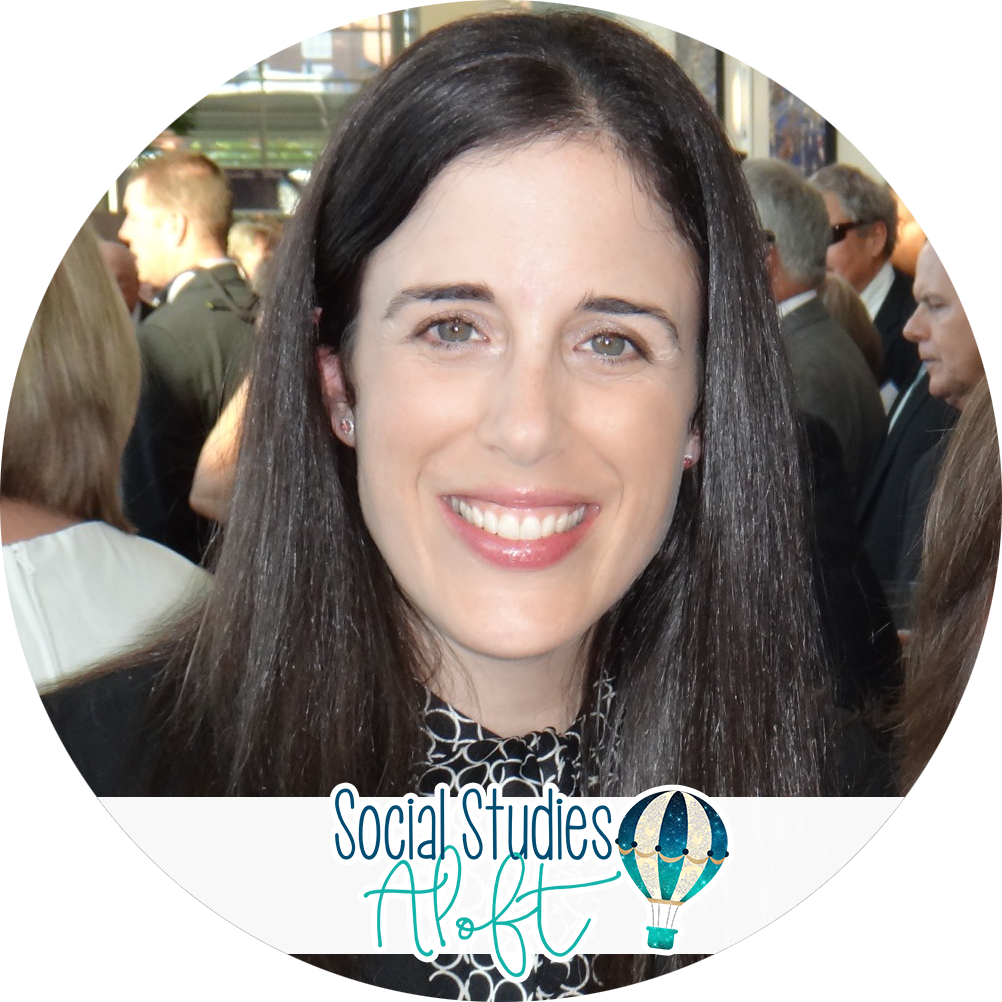A Veterans Day Oral History Project is engaging and meaningful. It is something your Middle School Social Studies students will remember for years to come.
Veterans Day offers an outstanding opportunity for our middle school students to learn more about those who have served our country. Students will learn about veterans’ experiences and sacrifices. An interview with someone in their family or community teaches students about life experiences very different from their own. And, completing the full project will help your students develop their organizational skills and time management skills too.

Finding Veterans to Interview
Many students will have a veteran they know. Maybe a family member or a family friend. If students know a veteran, they can choose to interview that person.
Some students may need help finding a veteran to interview. To find veterans who are willing to be interviewed, reach out to colleagues for names of veterans they know who would be willing to be interviewed. You might also reach out to veterans groups in your community and ask them if they can suggest veterans who would be willing to participate.
You might not be able to find enough veterans for each student in your class(es) to interview a different veteran. In this case, you can double or even triple up students during the interview stage. Multiple students can work together to write questions and interview together. The can then complete the other steps of the project individually.
There are websites that house interviews with veterans. Two websites to check out are StoryCorps Military Voices Initiative and the Library of Congress’ Veterans History Project. Students can choose a veteran from this site and listen to or read the info about that veteran in lieu of an actual interview.
The Basic Steps
- Students will select a veteran to interview based on your guidance (use the tips above). Some students may need your help with this step.
- Students write ten open-ended questions to ask the person based on their life and experiences. If asking about a topic that might be sensitive to the veteran, students should verify, “Is it okay if I ask you about ____?” prior to asking the question.
- Students conduct the interview and record their interviewee’s answers by jotting down written notes. Students may elect to also record the interview with the permission of the person they are interviewing. This is extremely helpful to students who will likely need to go back an rewatch or relisten to their interview.
- Students write an essay summarizing their interviewee’s life and experiences.
- Students read their essay to the class and/or create a final product for display.
Get the Freebie – All the Work is Done for You!
I have kept this list simple, but you can get ALL the details and tips you need on my Oral History Project Freebie. This freebie is geared toward ANY Oral History Project, so it can be used for Veterans Day OR any time of year.
Just fill out the form below, and you’ll instantly have it in your inbox. The best part is, I have included a project description for students in multiple formats (PDF, Google Docs, Google Slides), so you pick the format that works best for you and your students. You can easily edit the Google Docs and Google Slides as needed.
Why This Project Works So Well
This project is an excellent way for your students to think and work like a historian. Conducting an oral history helps students learn about the person they interview, whether a veteran or non-veteran. It is a great way for you to emphasize that history is not just about people in power but also about everyday individuals and their experiences.
Ready for everything you need to assign an Oral History Project to your students? Just fill out the form below, and you’ll have the Oral History Project Freebie in your inbox within minutes.
NEED A SINGLE-DAY LESSON FOR VETERANS DAY?
It’s perfectly okay if you don’t do a Veterans Day project with your students this year! You simply might not have time. Check out this Google Slides Lesson that is ready-to-assign for Veterans Day. It is ready to go and will save you time. (Plus, you can always do an Oral History Project later in the school year with your students.)






